Lung cancer
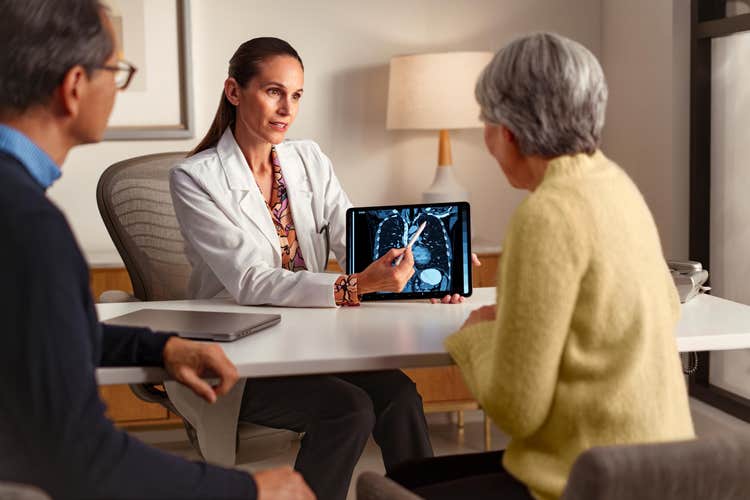
What is lung cancer?
Lung cancer is one of the most common types of cancer, with over 43,000 people diagnosed with the condition each year in the UK.1
It can start in the windpipe (trachea), the main airway (bronchus) or the lung tissue, and there are two main types:
- Non-small-cell lung cancer: This is the most common form, accounting for around 80-85% of cases. It can be one of three types: squamous cell carcinoma, adenocarcinoma or large-cell carcinoma.
- Small-cell lung cancer: This is less common than non-small-cell lung cancer and usually spreads faster.1,2
Lung cancer is more common in older people, with four in ten people diagnosed being over 75.1 It is also slightly more common in men than women.2
Smoking is the most common cause, accounting for 70% of all cases of lung cancer.1
However, that is not to say that younger people, or those who have never smoked, cannot get lung cancer. In fact, some lung cancers are caused by genetic mutations that occur in cancer cells, many of which are found in patients who are young and have never smoked.3 These mutations develop later in life and aren’t inherited.3
What are the symptoms of lung cancer?1
Lung cancer usually doesn’t cause symptoms in the early stages, which is why it is often diagnosed at an advanced stage, and can therefore be difficult to treat.
However, the main symptoms that often occur as lung cancer progresses are:
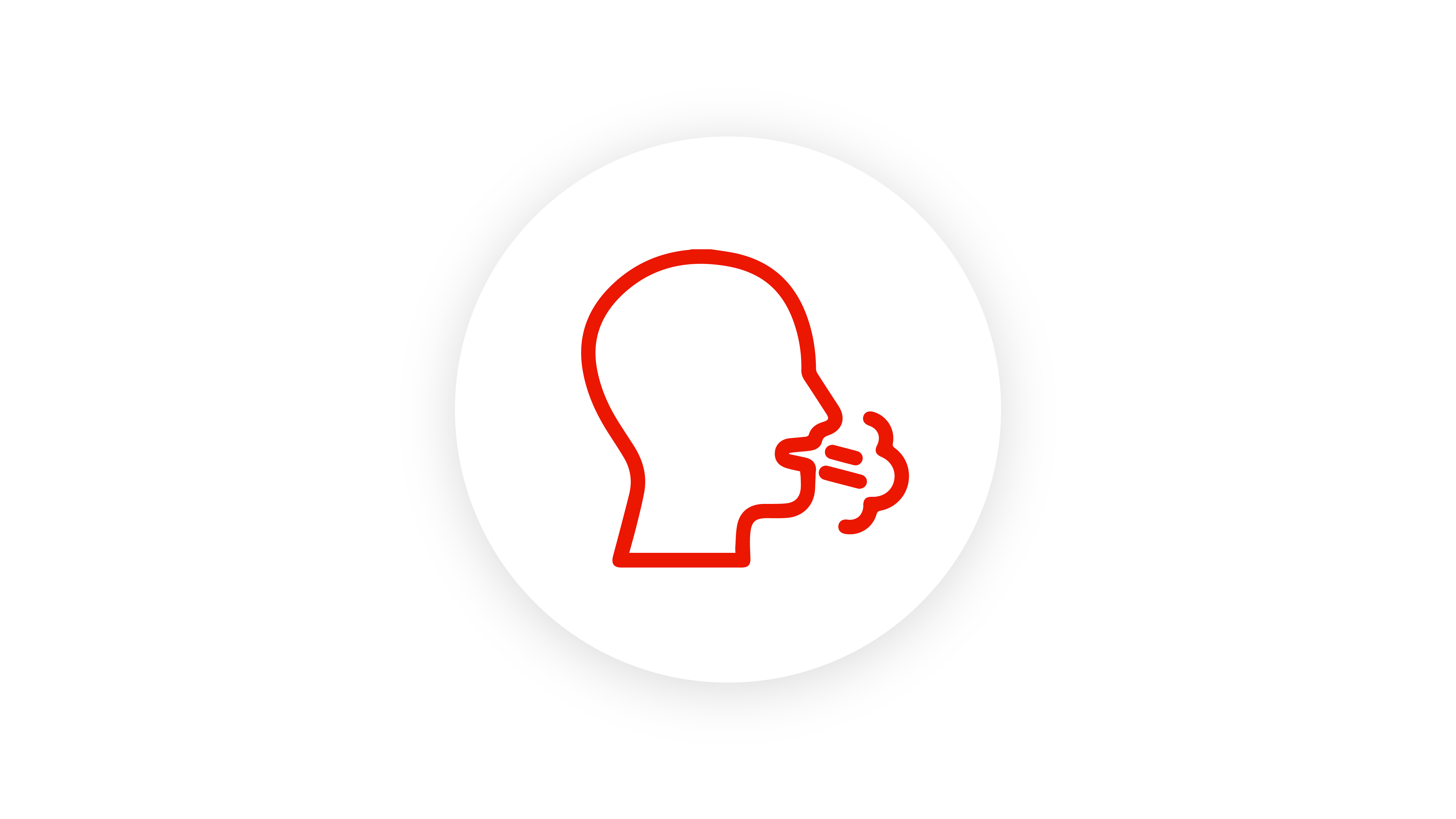
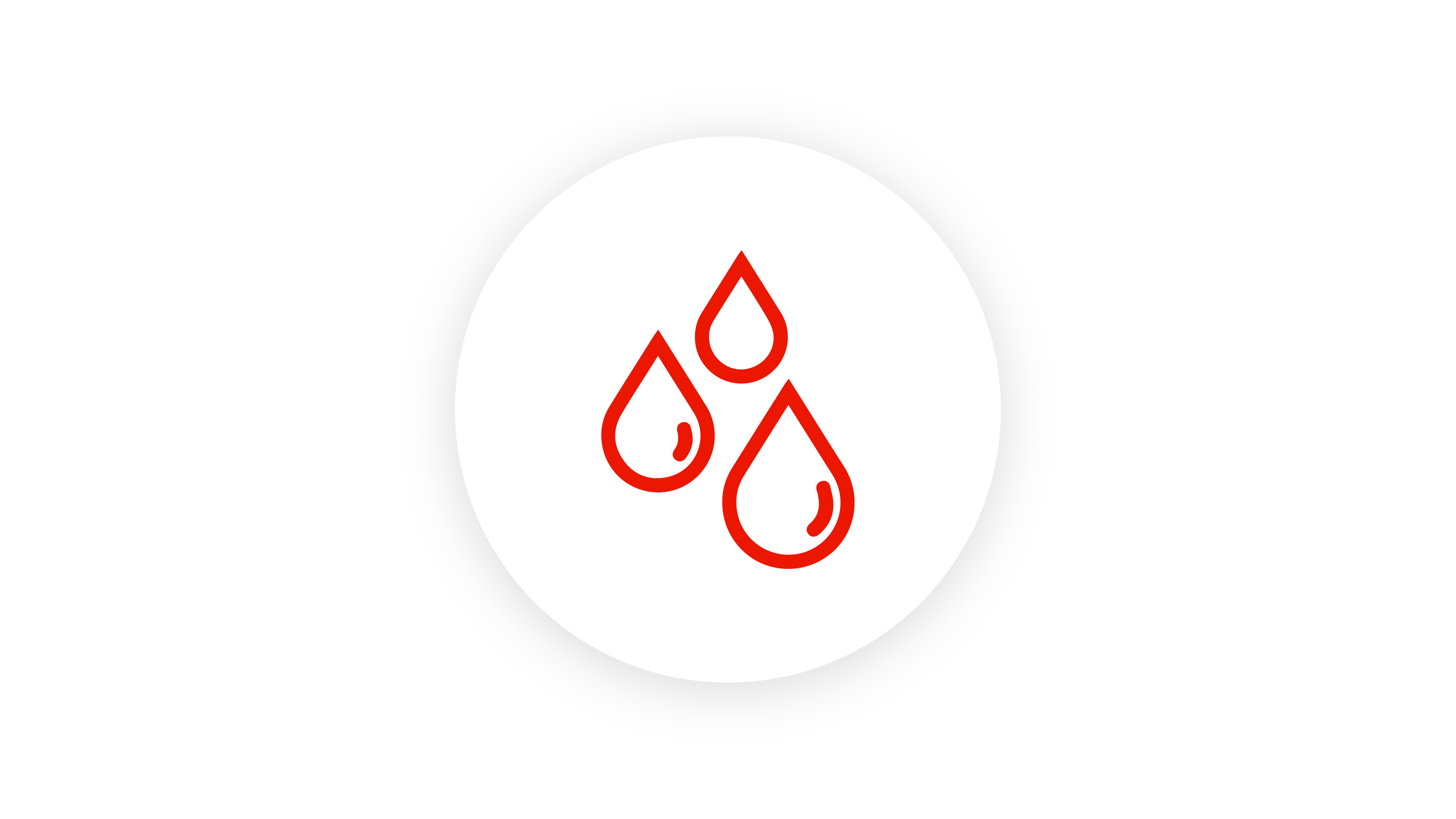
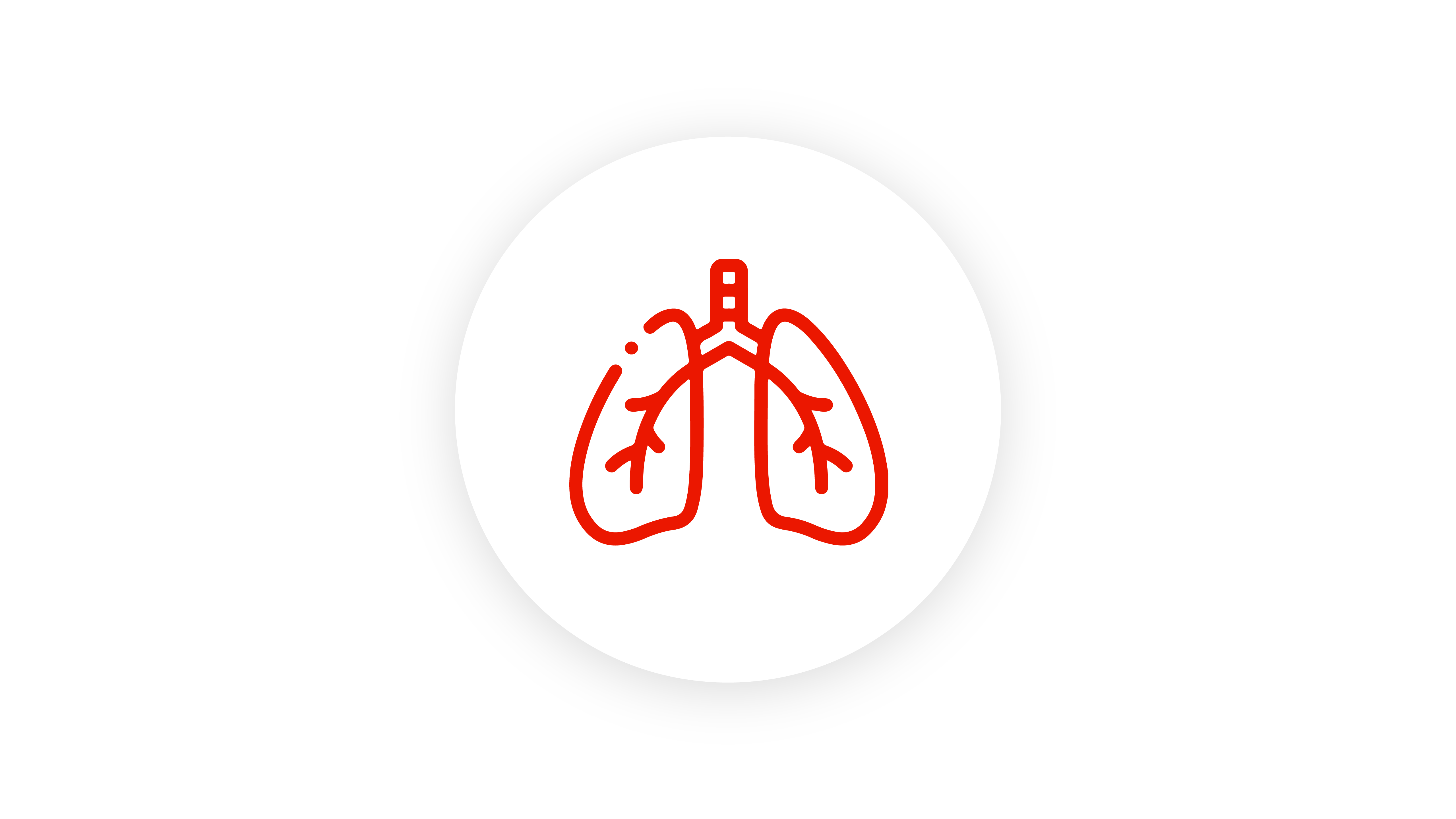
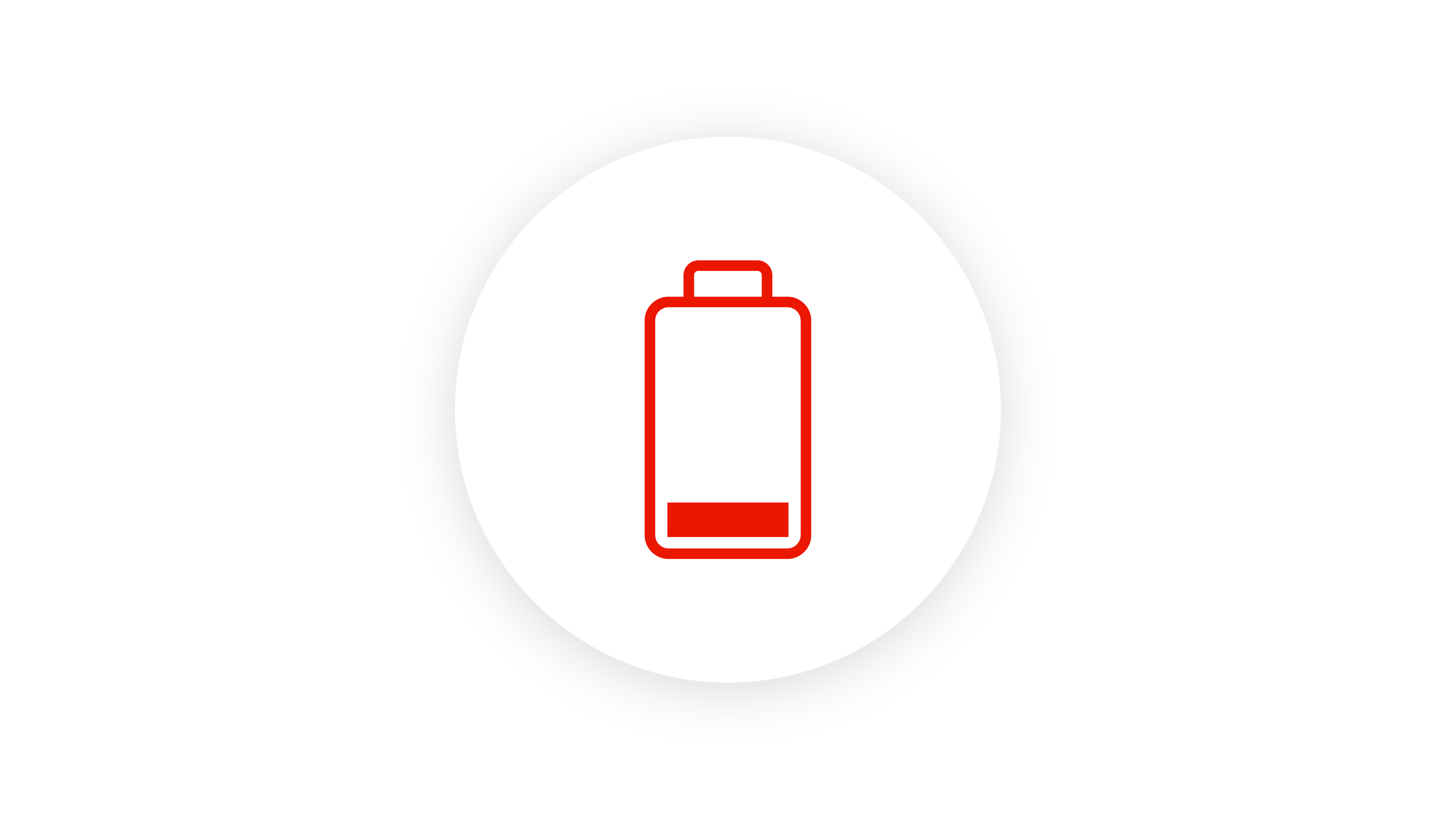
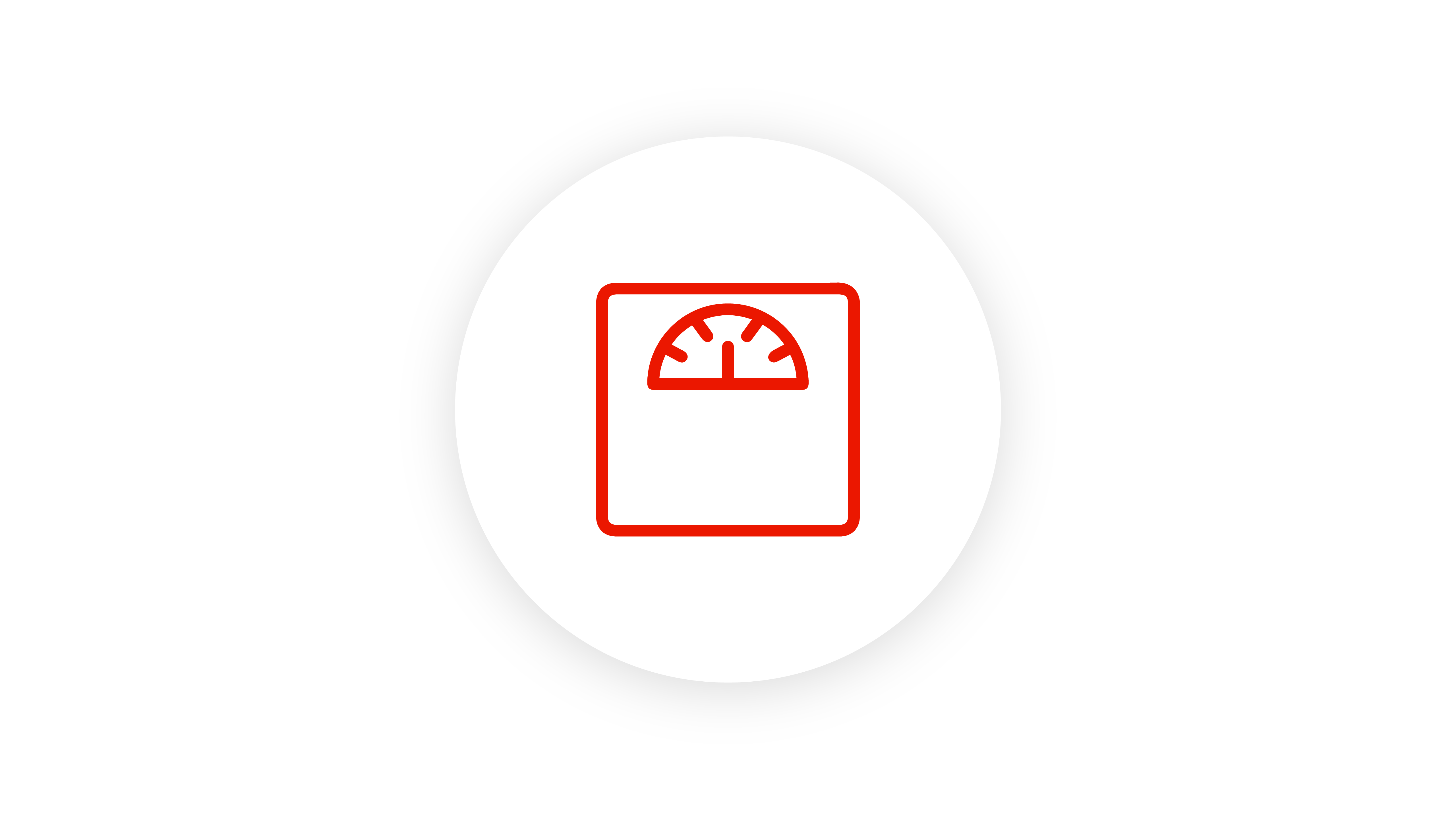
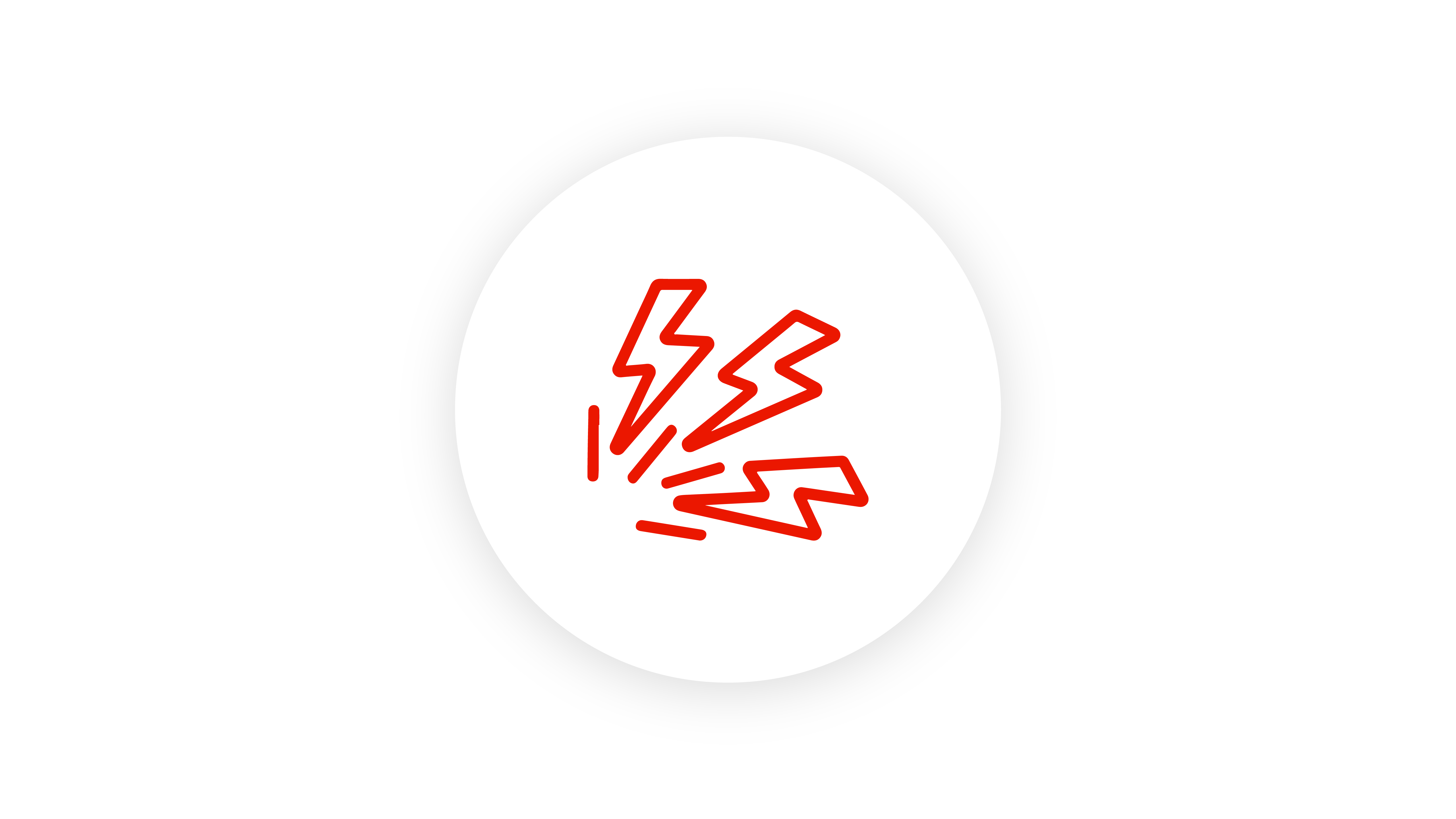
Please see your GP if you have any of these symptoms.
Treatment and care4
How lung cancer is treated depends on several different factors, such as the type of cancer, how far it has advanced and the person’s general health. Some of the treatment approaches include:
- Chemotherapy, which uses anticancer drugs to destroy cancer cells.
- Radiotherapy, where a machine emitting radiation is used to kill cancer cells.
- Surgery, where doctors perform an operation to remove some or all of the cancer.
- Immunotherapy, involving drugs that help the immune system to fight cancer.
- Targeted or precision therapies, where drugs target specific features of the cancer that are causing it to grow and spread.
People with lung cancer often also receive treatment and support to help manage wider areas of their health, such as from a dietitian, psychologist, physiotherapist, psychiatrist, counsellor and pharmacist.
Talk Lung Cancer
To support people living with lung cancer and their loved ones, J&J has developed an online hub featuring resources and information.

Access the Talk Lung Cancer hub
References
- NHS. Lung Cancer. Available at https://www.nhs.uk/conditions/lung-cancer. Last accessed August 2025.
- Cancer Research UK. What is lung cancer? Available at https://www.cancerresearchuk.org/about-cancer/lung-cancer/what-is. Last accessed August 2025.
- Macmillan Cancer Support. Lung cancer and somatic variants. Available at https://www.macmillan.org.uk/healthcare-professionals/innovation-in-cancer-care/genomics-toolkit/lung/lung-cancer-and-somatic-variants. Last accessed August 2025.
- Cancer Research UK. Treatment for lung cancer. Available at https://www.cancerresearchuk.org/about-cancer/lung-cancer/treatment. Last accessed August 2025.
The information on this page is not a substitute for medical advice. Please consult with a healthcare professional if you have any concerns.